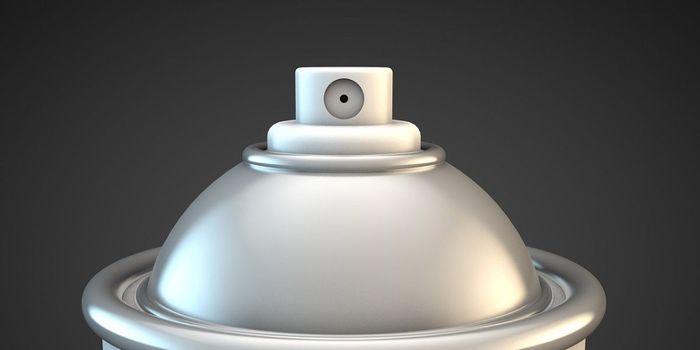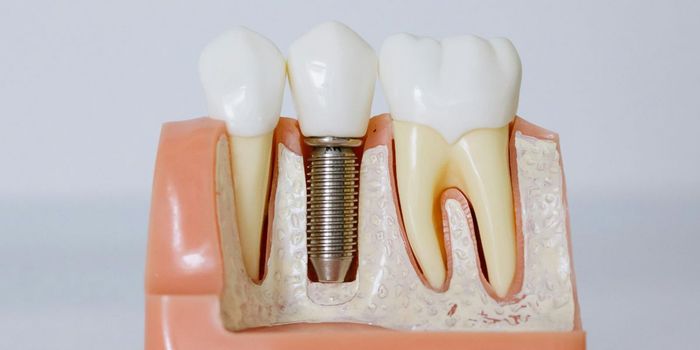You Know It's Placebo. The Body Doesn't Care.
A recent study published in the British Medical Journal has shown that even when patients know they're taking a placebo, the experience can still offer significant relief from premenstrual syndrome (PMS) symptoms. The research, led by Antje Frey Nascimento, PhD, a professor of psychology at the University of Basel, offers a fresh look into how expectation and belief can powerfully influence health outcomes — even when deception is removed from the equation.
The randomized controlled trial involved 127 women who reported moderate-to-severe PMS symptoms. Participants were split into three groups: one received no treatment (the control group), another was given an open-label placebo (OLP) along with a 15-minute explanation of how placebos work, and a third received the OLP without any explanation. The study aimed to assess how much symptom relief could be attributed purely to the act of taking a pill — and whether providing context and education about placebo effects would amplify the benefits.
The results were compelling. Women who received the placebo with an explanation reported a significant reduction in overall PMS symptoms, including mood swings, breast tenderness, irritability, and fatigue. Interestingly, even those who received the placebo without any background information showed improvement, though the effect was more modest.
“The explanation took about 15 minutes,” said Antje Frey Nascimento, PhD. “It included that ‘placebos are powerful, that placebo effects are prevalent in PMS, that placebo effects work somehow automatically.’” This brief educational intervention appeared to significantly increase the efficacy of the placebo treatment, reinforcing the idea that knowledge and context can actively shape the body’s healing response.
PMS remains one of the most commonly reported and yet often misunderstood conditions affecting women. Traditional treatments range from hormonal therapies to antidepressants and over-the-counter pain relievers, but many individuals are either reluctant to use medication long-term or experience side effects that outweigh the benefits. As such, the notion of a non-pharmacological, side-effect-free intervention — like an open-label placebo — is particularly attractive.
The study also prompts a broader conversation about how healthcare systems could integrate such approaches, particularly for chronic or cyclical conditions like PMS where conventional therapies may fall short. Open-label placebos could serve as a valuable adjunct or even a first-line option for some patients, especially when side effects or medication hesitancy are barriers to care. As Nascimento’s team continues to explore the power of expectation in medicine, their findings open doors to gentler, more collaborative forms of care — where belief, education, and agency are just as critical as biology.
Sources: MedScape, British Medical Journal








